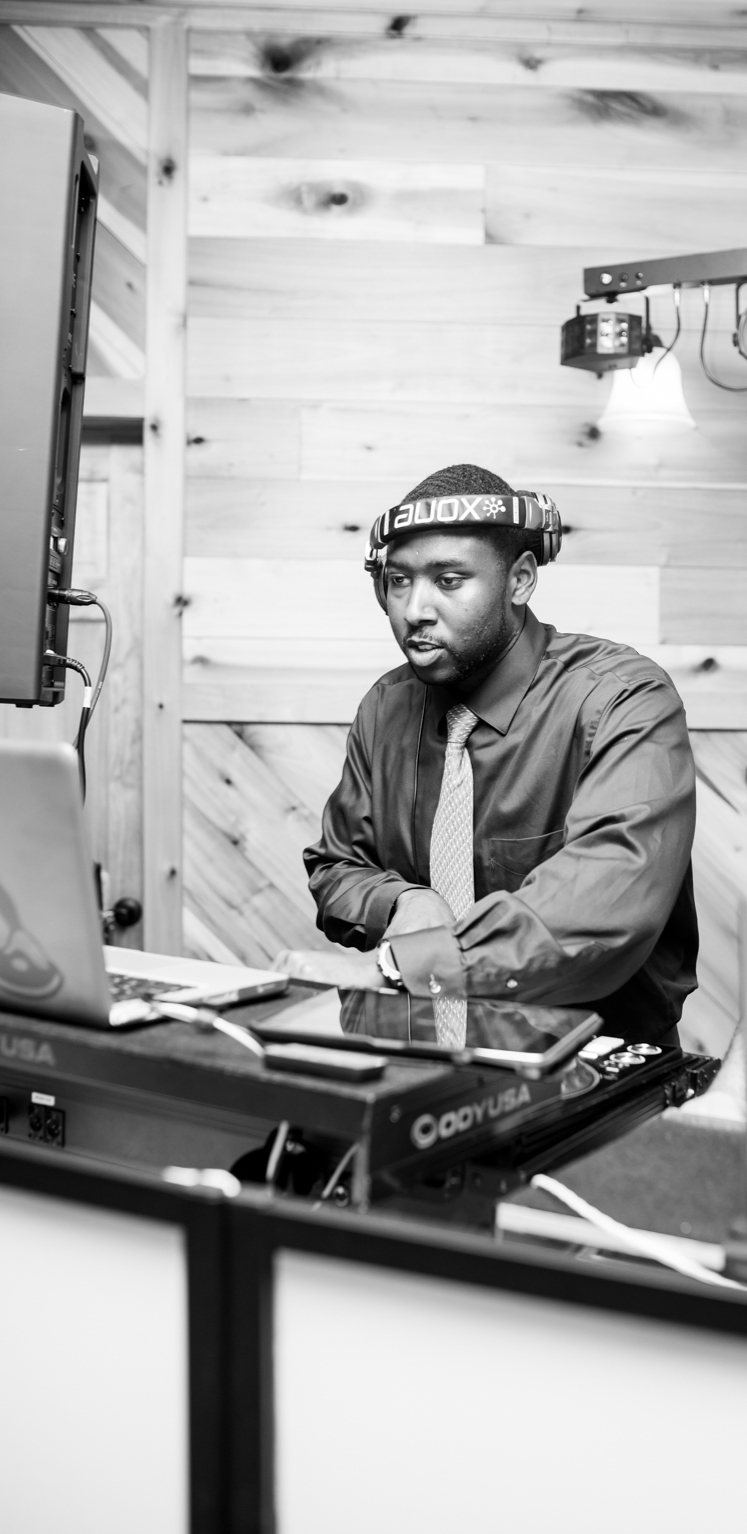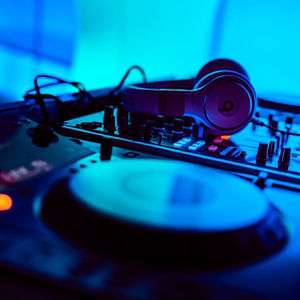Are You A Real DJ?
- Chris Allen

- Mar 19, 2018
- 3 min read

In our industry there is a term Real DJ. Well what is a real Dj vs a Non real DJ? Are there some national standards or qualifications you must meet to be a “real DJ”? Or is this a term that the industry Disc Jockeys has label on others? I belong to multiple Disc Jockey groups/ clubs. With each one it seems to be different views on what the term real DJ actually means. I’ve been looking into this topic for about a year now. I’ve yet to find any national course, certifications, or qualifications to back this term. But what I have found is that there are groups of individuals who have different opinions on the meaning of the term. Some of the most popular definitions is skill, equipment, years of service, and performance hours logged. I will briefly go over each topic and the follow up with my opinion on the subject, since there is factual evidence to provide clarity.
The Disc Jockey’s skill. I think we can all agree that there is different skill levels when it comes down to being a Disc Jockey. At some point we are all considered beginners. We all have to learn the same

core fundamentals of a Disc Jockey. While other might progress quicker it still doesn’t mean they’re a real DJ. The definition of skill is “the ability to do something well”. If the DJ can’t scratch, can’t beat match or transition well then how are they a real DJ? The answer to that is simple. Yes they still practice the art of Disc Jockey which therefore classifies them as a DJ. They might not be a turntablist or mixing DJ. And they’re probably are not a very good DJ if they can’t mix or transition effectively, but nevertheless they’re still a DJ. This subject typically brings forth an argument. But if you know the history of Disc Jockey, and it’s evolution then there is no arguing my theory.
Equipment. Equipment has no barring on a DJ. If you’re a club/ radio DJ the chances of you having your own equipment is not likely. But mobile DJs typically have it all. The quality of equipment just reflects one your budget, self image, and how serious you take art of Disc Jockey. It also projects a more fitting term to this subject. "Being a professional Dj vs a novice DJ".
Is there a difference of a DJ who as been in the industry for 2 years compared to a DJ who has been doing it for 10. We would tend to think so. With more time comes more experience, and skill. But that is not always the case. A DJ who just understands song structure and has a knack for composing complicated mixes can very well out preform an 10 year veteran DJ. Does that change the classification of the 10 year DJ to being a non real DJ. No. It just means the rookie DJ has more raw talent and understanding of the art then the veteran.
As we can see there are is no set criteria that clearly defines what a real Dj is or is not. There are however different classifications on DJ skills and styles. You may even define a DJ as professional, if he or she performs events, or just a novice if they do it for fun. To simply tell someone they’re not a real DJ due to their lack of skill, equipment and/or experience is absolutely wrong; this is my opinion. As I mentioned earlier, do the research and look into the beginning phase of DJs. The art of Disc Jockey was not always in the form we know it today. Through pioneers of the craft it has evolved and spiraled into this beautiful craft.







Comments